Types of Sustainability Certificates and Sustainability Standards
Sustainability certificates are used to verify that a specific product or business is environmentally, socially, and economically sustainable. These certificates are based on established standards. For example, the ISO 14001 environmental management system certificate demonstrates that a business is reducing its environmental impact and following the sustainability principles. Another certificate, Fair Trade, indicates that agricultural products are produced according to social responsibility principles.
To give a few more examples, the LEED (Leadership in Energy and Environmental Design) certificate documents the environmental performance of buildings and their compliance with green building standards. Other notable certificates include Rainforest Alliance, Forest Stewardship Council (FSC), B Corporation, and Carbon Trust Standard. These certificates enable consumers and decision-makers to take steps that are sensitive to sustainability.
Certification Process and Criteria
The certification process consists of steps where achieving specific criteria is documented step by step. The first step is the application process, where the company applies to the relevant certification institution and submits the necessary documents. Then comes the evaluation phase, where experts check the business or product for compliance with the established standards.
Evaluation is conducted using various methods such as field visits, document review, and sampling if necessary. If the business or product meets the standards, it receives certification.
The criteria established in the certification process typically reflect sustainability principles from environmental, social, and economic perspectives. For example, environmental certifications often focus on factors like energy efficiency, zero waste, water use, and the conservation of natural resources, while social certifications address issues such as workers' rights, occupational safety, fair wages, and community involvement.
Benefits of Sustainability Certificates for Businesses
Sustainability certificates can be beneficial for businesses both in terms of fulfilling their environmental and social responsibilities and from a financial standpoint. These certificates provide businesses with a competitive advantage. As sustainability becomes an important condition for consumers and investors day by day, the demand for products and services from certified businesses increases. This helps businesses to increase their market share and differentiate from competitors.
Additionally, sustainability certificates enhance the reputation of a business. Customers prefer to engage with businesses that are environmentally and socially responsible, which positively impacts brand reputation.
Moreover, cost savings can also be achieved. Zero waste certified businesses can gain advantages in raw materials by recycling in their production processes. Some certificates also provide businesses with tax advantages or incentives.
Borusan Cat and Sustainability Certificates
At Borusan Cat, with our company purpose “We Create Solutions for a Better World,” we act with the awareness of creating value for society and environment, and work with the responsibility of creating a more livable world for future generations. Recognizing that sustainability is not just an environmental action area but a necessity for the well-being of our world and society, we take steps focused on climate, people, and innovation within the framework of Borusan Group’s i3 approach. We demonstrate our commitment through various sustainability certificates.
We have obtained the Zero Waste Certificate by the Ministry of Environment, Urbanization and Climate Change of the Republic of Turkey by transforming our waste recycling processes in our various locations.
We renewed our ISO 14001 Environmental Management System Certificate in March 2024, which needs to be renewed in every 3 years, as a certificate supports long-term success and development with a systematic approach, helps decreasing to negative environmental effects.
We received our Synesgy Sustainability Certificate in 2023 which we also received in 2022, focusing on the performance of companies in the field of "Sustainability and Environmental, Social, Corporate Governance (ESG)", given by Fortune and CRIF Turkey.
With our focus of climate, human and innovation, we will continue to be committed to protect our world and natural resources, contribute to an equal and inclusive society and create value for economic development. We are proud to have the steps towards our goals, certified by different global and local institutions.
Future of Sustainability Certificates: Trends and Expectations
Several prominent trends and expectations stand out regarding the future of sustainability certificates. Increased collaboration across industries and greater adoption of international standards are expected. This paves the way for more consistent certifications globally.
Technological advancements are expected to transform sustainability certification processes. Technologies such as artificial intelligence, big data analysis, and IoT are expected to make certification processes more efficient. Additionally, technologies like blockchain are increasing transparency in supply chain management, enhancing the reliability of sustainability certificates. With these trends coming together, it seems inevitable that sustainability certificates will become more effective and more widely recognized tools.
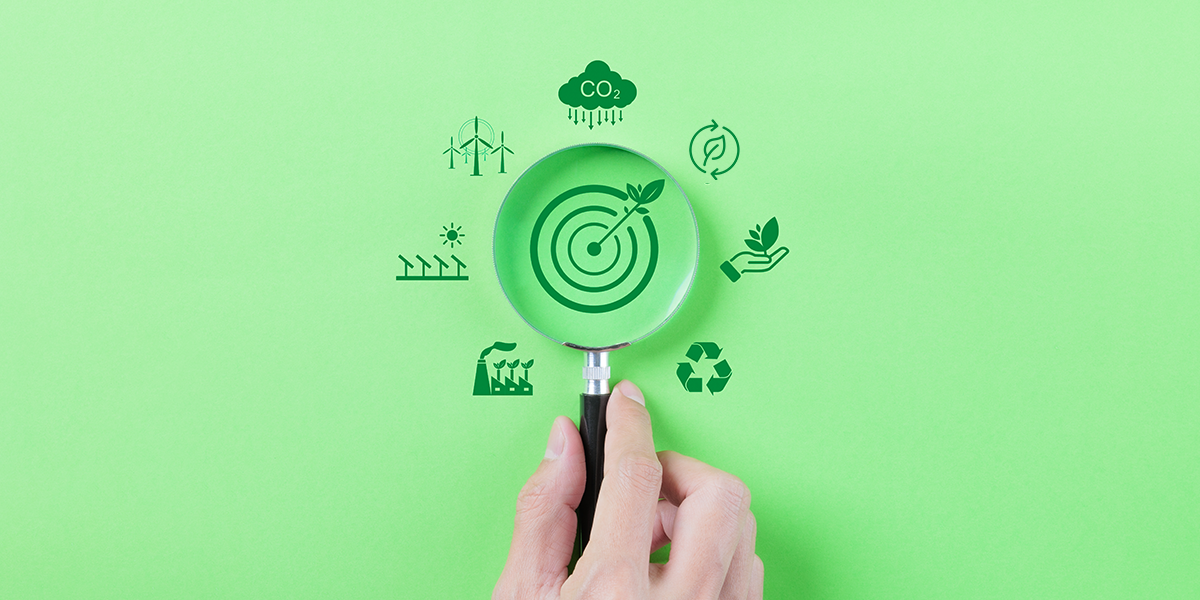


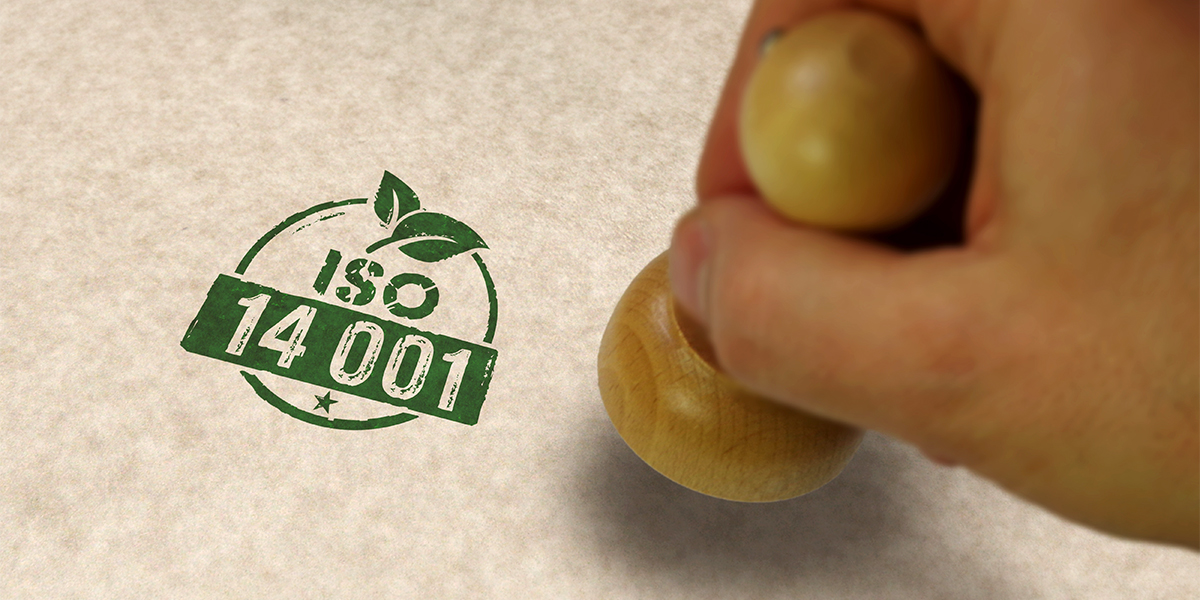


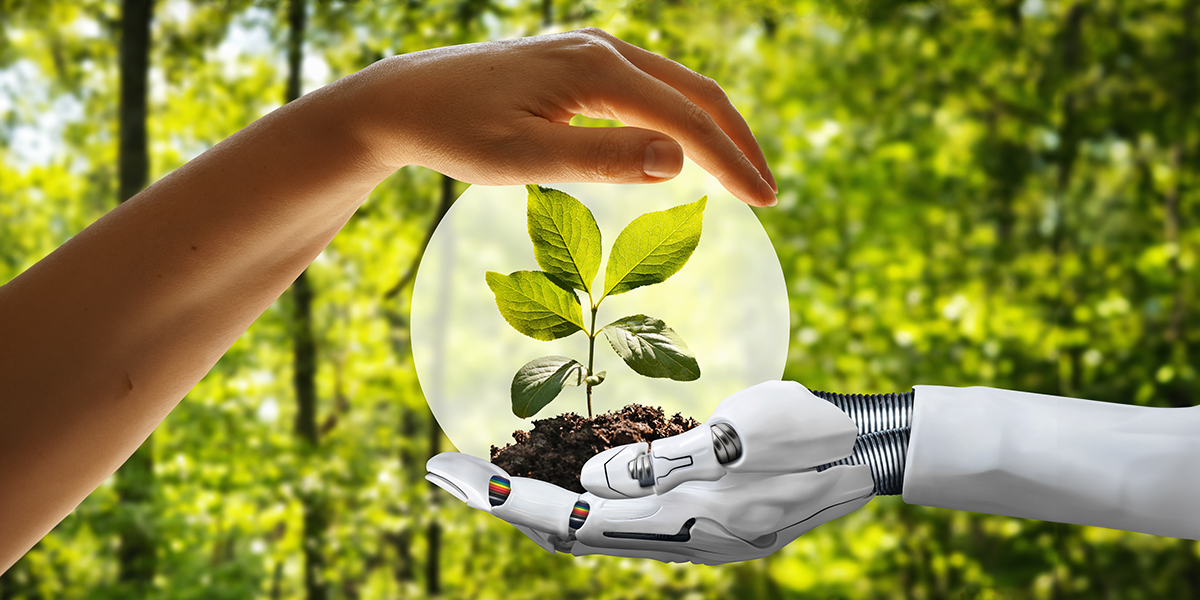


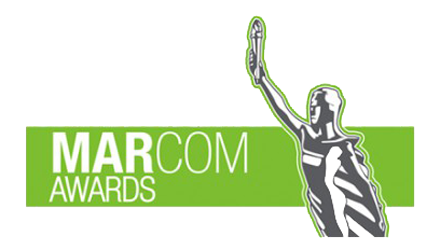
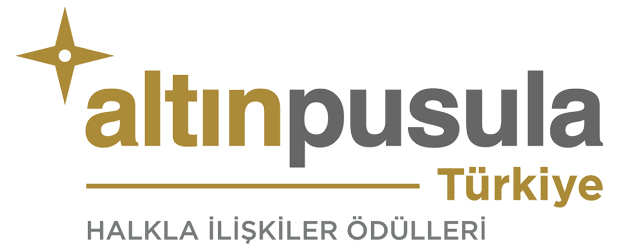
Hello!
As writers for theBClog, we share with you articles that highlight current developments and inspiring ideas in various topics, from sustainability to technology, energy to climate, and innovation to human interest stories.
Enjoy!